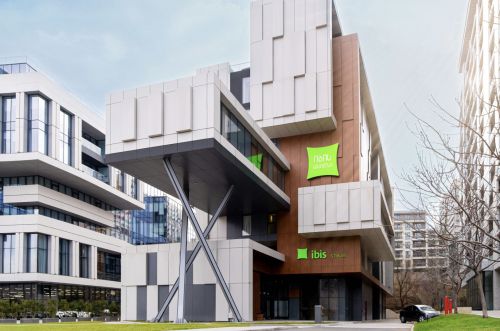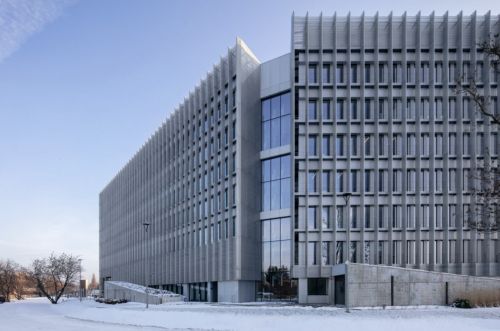The main economies of the eurozone are slowing down - as we can see by looking at the leading indicators. The Purchasing Managers' Index (PMI), the leading indicator for the health of the main economic sectors, has fallen to its lowest level for three years. The political paralysis in Greece after inconclusive elections has only served to deepen the negative sentiment of investors. Added to this toxic mix is the uncertainty over peripheral economies, such as Spain, whose credit worthiness has just been lowered by Standard&Poor's from A to BBB+ and whose government seems to be preparing to bailout its banking sector. The European Central Bank, which has twice pumped in EUR 500 bln to keep the banking sector afloat, is struggling to avoid a Lehman Brothers collapse scenario happening in Europe. However, more optimism can be found overseas, with the American economy growing by more than 2 pct on a quarterly basis.The Warsaw Stock Exchange (WSE), which at the beginning of April had man




























































